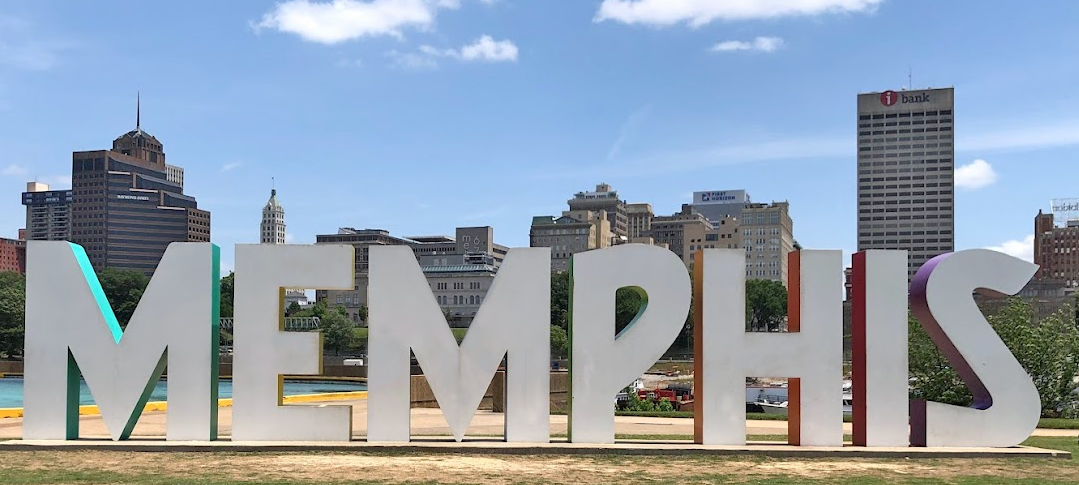Psychiatry Residency
The psychiatry residency clinical rotations reflect the emphasis and goals of each year of training. Didactic material presented in courses and seminars is carefully coordinated with these rotations. Most instruction occurs in small group settings, with faculty representing varied disciplines that include psychiatry, psychology, and social work.
The Residency Training Committee, composed of both faculty and resident members, is responsible for developing, evaluating, and revising the program. Residents regularly evaluate their training experiences and have important input regarding the selection of their clinical rotations and supervisors. Thus, the program is carefully tailored to the individual needs of residents within the framework of a curriculum designed to maximize opportunities for professional and academic growth.
Why Memphis?

Memphis is a truly incredible town with so much to offer! Catch dinner at the iconic Majestic Grille before taking in a Grizzlies NBA game at the FedEx Forum. Learn the history of Memphis music at Elvis Presley’s Graceland, Stax Records, and Sun Studio. Soak in the sun at Shelby Farms or the Big River Crossing. Enjoy shopping at our Bass Pro Shop, housed in the tenth-tallest pyramid in the world, then explore the nightlife on historic Beale Street.
But most of all, Memphis is the healthcare hub of the Mid-South's large and diverse population.
Cost of Living
Motovo lists the Memphis cost of living as being "almost 14% lower than the national average." Housing is very affordable, with the median home price significantly lower than in larger metro areas. According to Forbes, the Memphis housing cost is 15% lower than Nashville. We are one of only 9 states without an income tax.
And Zillow just named us 5th best metro area for home buyers.
Destination
Tripadvisor's Best of the Best Destinations listed Memphis at #5 for Trending Destinations.
Safety
Our UT Health Science Center was named the ninth safest college in America by Alarms.org.
Opportunities
You can find UT Health Science Center faculty, residents, fellows, and staff at:
- two phenomenal children’s hospitals (Le Bonheur Children's Hospital and St. Jude Children’s Research Hospital)
- one of the busiest trauma centers in the country (Regional One Health)
- a top-ten-ranked cardiac surgery hospital (Baptist Memorial Hospital)
- a hospital with a state-of-the-art transplant institute (Methodist University Hospital)
- a hospital that serves almost 200,000 veterans a year from 53 different counties in the area (Memphis VA Medical Center)
Memphis is THE place to be!
